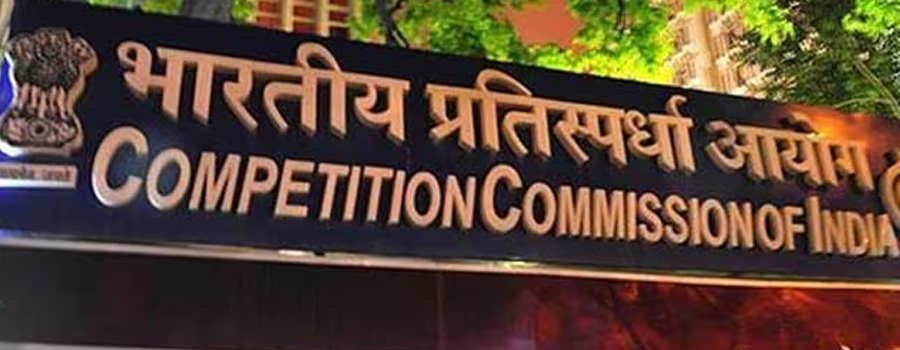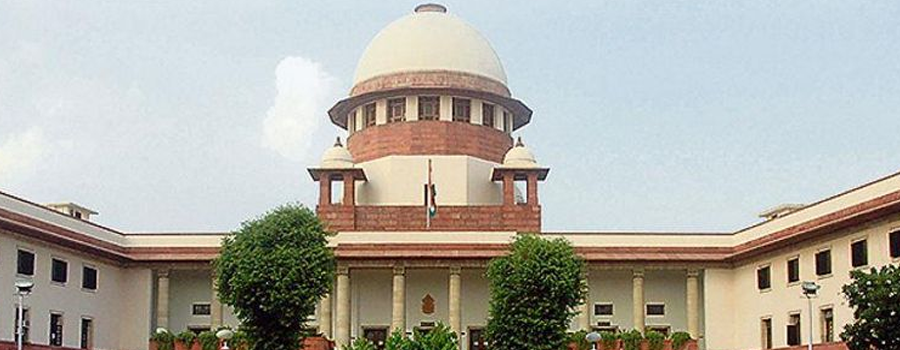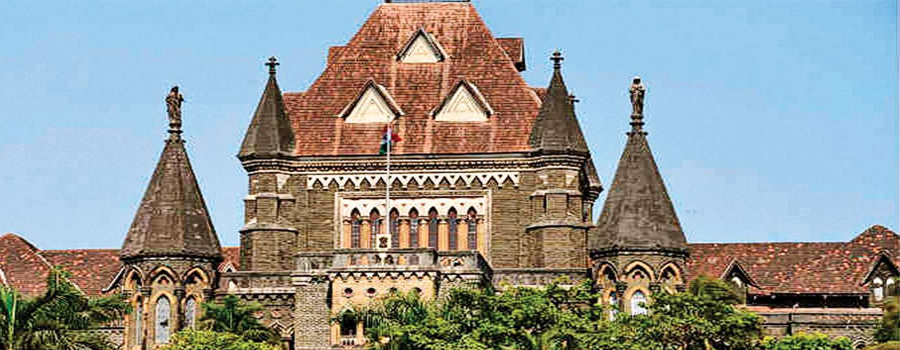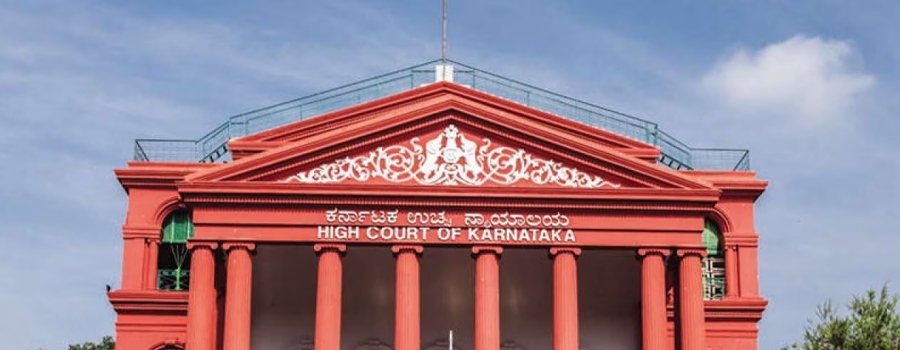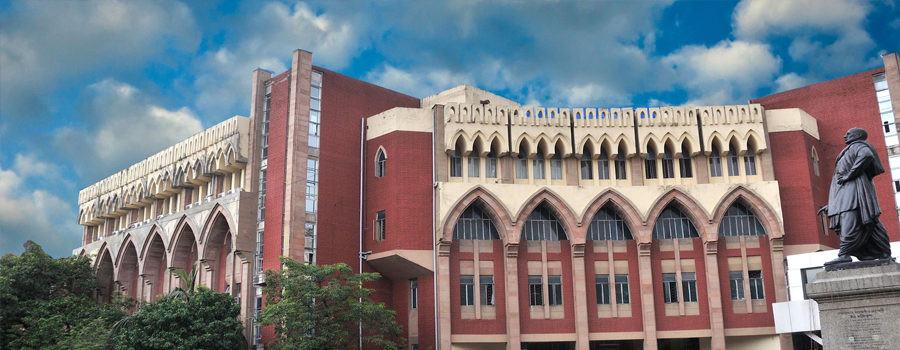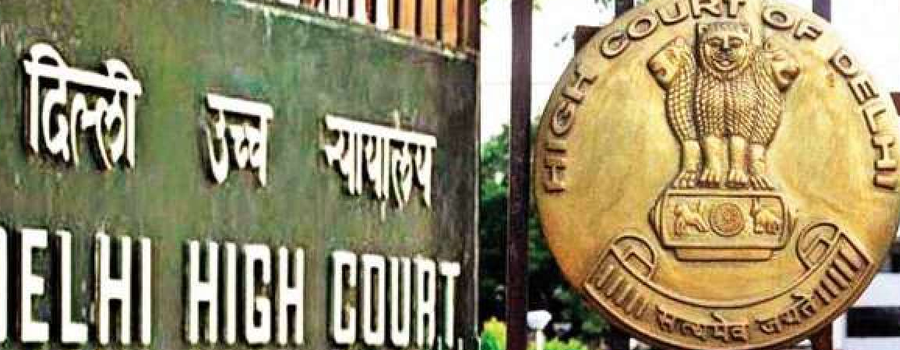
The Delhi High Court (DHC), in an appeal filed by the wife against the Trial Court’s order for annulment of marriage on ground of cruelty, has held that divorce under the Hindu Marriage Act, 1955 (HMA) is only based on the ‘Fault Theory’ and that, at times, marriages do not work because of incompatibility and temperamental differences, for which neither party can be blamed. However, since “Irretrievable Breakdown of Marriage” has till now not been recognised as a ground for divorce, the Courts are bound by the limits of HMA and “unless the fault of the other spouse is shown, the parties are left to suffer acrimonious relationship with no way to exit”.



